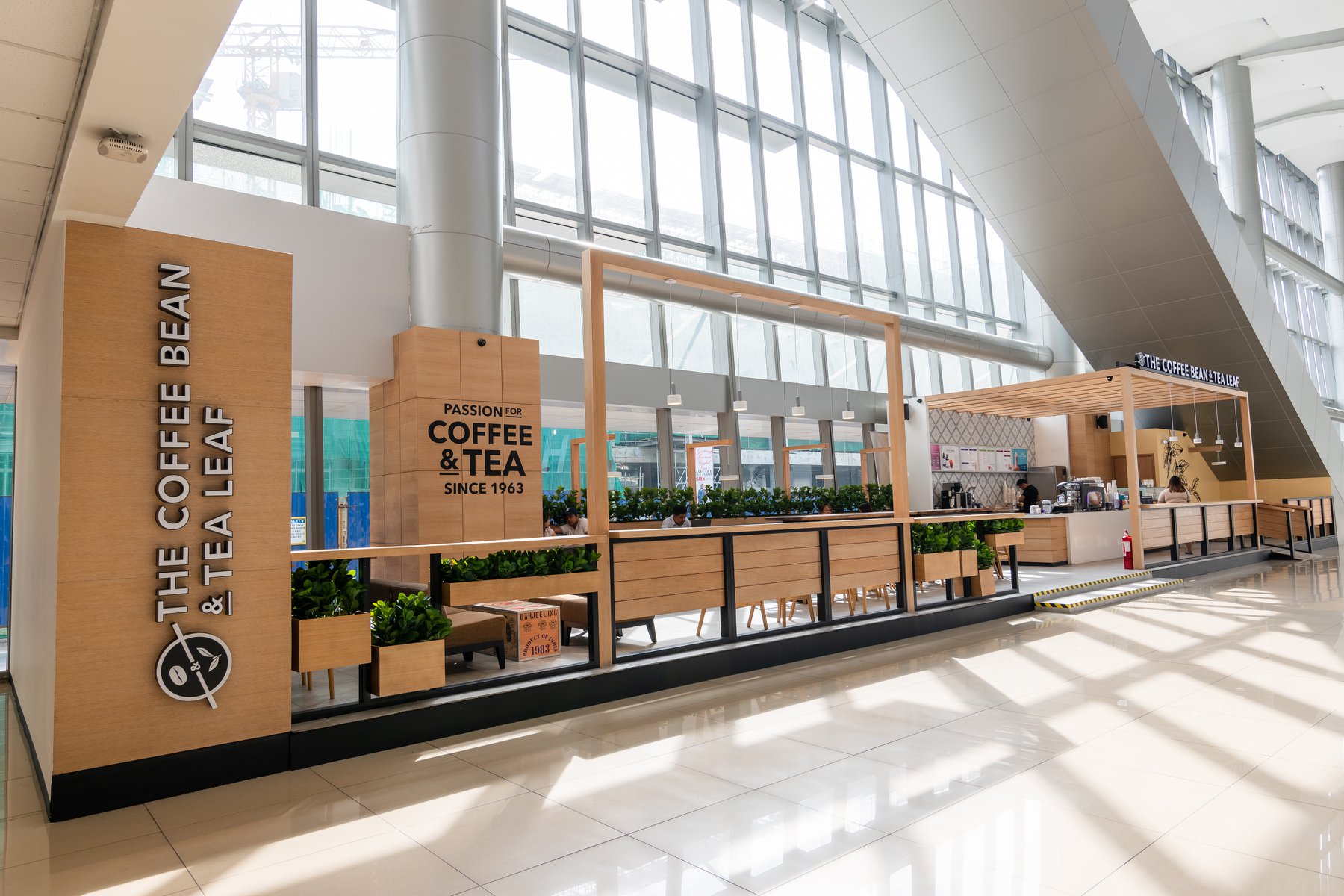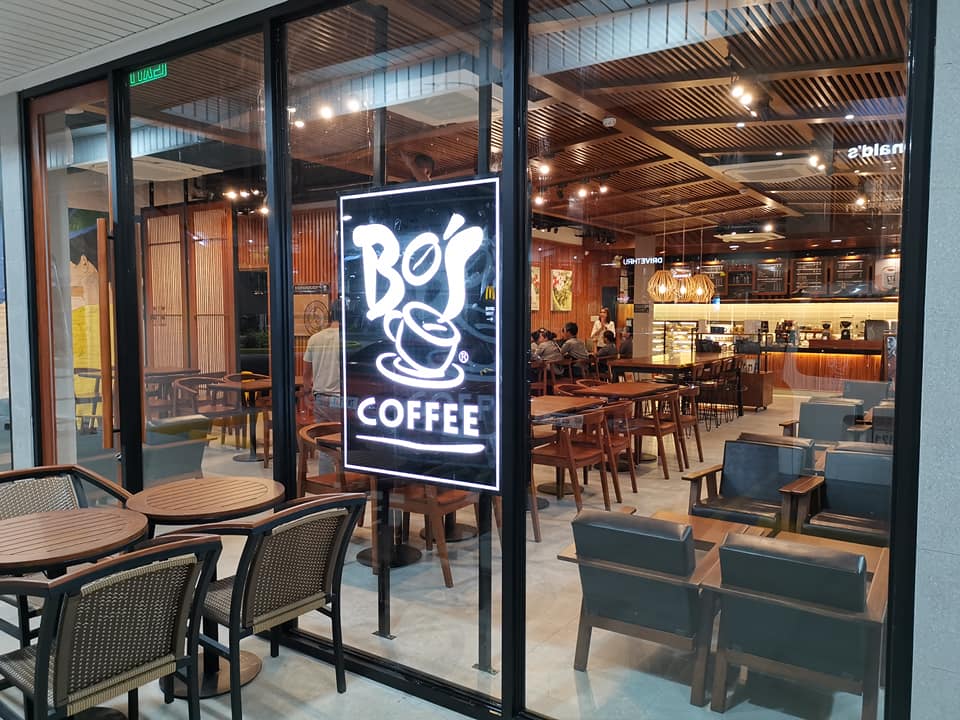Fight the fear

The Coffee Bean & Tea Leaf gives frontline health workers free coffee. —PHOTO FROM CBTL FACEBOOK PAGE
Don’t panic; we’ll weather this pandemic.
That’s the message of a group of entrepreneurs to their fellow businessmen, especially the micro, small and medium enterprises (MSMEs), as they brace for the economic impact of the Metro Manila community quarantine set to start today because of the persistent threat of the 2019 coronavirus disease (COVID-19).
“Let’s control fear by acknowledging the fear,” said Jorge Wieneke III, Association of Filipino Franchisers Inc. (Affi) president and CEO of Tokyo Tempura, in a digital public forum titled “Our Business Amidst COVID-19,” broadcast live on Facebook last Friday.
“Once we acknowledge the fear, then we understand it; and when we understand the fear, then we can strategize and create our action plan,” Wieneke added.
“Radical” marketing measures could be one strategy MSMEs can employ—something which Brian Tenorio, owner of Quezon City-based cafe Kape Tayo, plans to activate.
“Even before the quarantine was set, our sales from this week has been at its lowest ever since we opened half a decade ago. Now that we have a community quarantine, we expect even lower sales. Cafes are community spaces,” Tenorio said. “In terms of operations, and since we don’t have a choice now, my personal goal as company CEO is to try out very radical marketing, sales, and operations hacks. I feel like we’ve nothing [more] to lose at this point. This is an opportunity to get into radical research and development.”
In terms of sanitation, another cafe, Bo’s Coffee, has limited access to its condiments, said Rain Ramos, digital and marketing manager. Instead of placing them in easily accessible stations, condiments will only be provided directly by baristas (those who are feeling unwell have already been instructed to stay home).
“We want to assure you that we will continue to work on increasing precautionary measures in our stores. We will adhere to the directives and mandates of our government in the interest of the safety of everyone,” Ramos said. “For the time being, our doors shall remain open for your coffee and food cravings. Wi-Fi is still available.”
Bo’s Coffee and Kape Tayo both have mall-based stores—making mall owners and other landlords key players in reducing the impact of COVID-19 on such establishments, Wieneke said.
“The first step is to talk to your landlords, because we can control inventory, we can control people, but we cannot control landlords,” he said. “And I’m appealing [them]: We need your help. We are partners, and this is the time we need your help.”
In a talk at the Affi forum, Enrique Soriano, family business adviser, also said: “If you are a landlord, is [offering] a 5-percent discount being sincere, if sales are down 60 percent?”
Tenorio added that he was hoping mall owners would do a “town hall” meeting with their tenants, to allow them to raise their concerns. “There are other ways to make it work: Making rental rates a percentage of sales [instead of requiring] a flat rate; or spread the payment through installments,” he said.
“We need to figure out how to get through this as a community.”
With foot traffic drastically reduced, deliveries could see a spike in volume. Bo’s, for one, intends to continue its delivery service through Foodpanda, as well as in-store pickup service through their advance ordering platform Botty. Soriano said mall-based food establishments can consider strengthening their delivery services in order to create new revenue streams. “It’s time to think out of that box,” he said.
It’s business as usual, too, for snack manufacturer Mondelez Philippines, but work-from-home arrangements have been made for employees whose roles do not require them to be at the office. “Our priority during this time remains to be our people,” said Mondelez corporate and government affairs country manager Toff Rada. “Our objective is to ensure our people are able to come to and leave the office safely.”
In terms of supply chain, transport is one of the biggest issues they anticipate with the community quarantine, “but we continue to monitor updates and have constant communication with our teams to address to address any eventualities,” Rada added.
In his talk, Soriano also reminded entrepreneurs ensure that their brands are ones that care.
And The Coffee Bean & Tea Leaf (CBTL) is a shining example of how a brand should take care for both its employees and customers. According to Walden Chu, founder, president and CEO of CBTL Holdings Inc., the company decided to issue daily vitamin supplements over 2,000 employees during the quarantine. Medical workers fighting the disease on the frontline will also be treated to free coffee for the whole month (a post on social media reveals that CBTL has started this in Makati Medical Center).
The COVID-19 crisis is shaping up to be a long and uncertain journey for the whole world, and whatever situation a business finds itself in during these extraordinary times, Soriano gives them this piece of advice: Always have “a beginner’s mind.”
“Whether you’re a landlord, a store owner, or a retailer, many people are continuing to rely on your brand,” he said. “And how did you start your business then? With nothing. You’ve been through so many struggles already, so just [do that again], and start with a beginner’s mind.”

